How can you help?
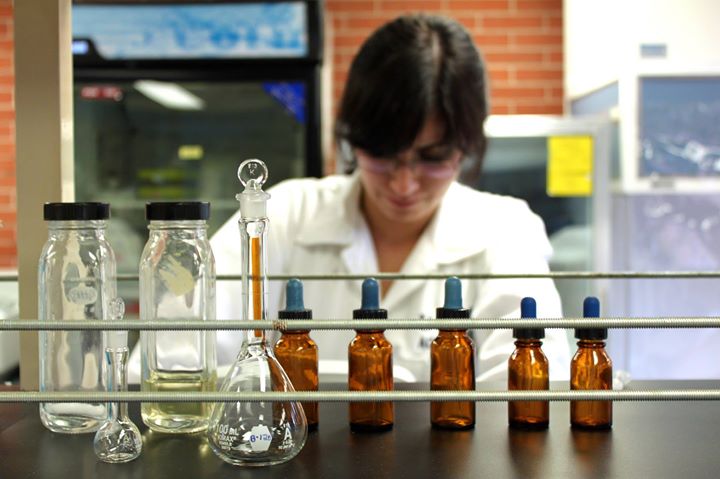
We offer scientists an opportunity to put their research to work on a critical real-world problem, and we offer law enforcement officials the chance to participate in the first-ever application of DNA technology to wildlife crime.
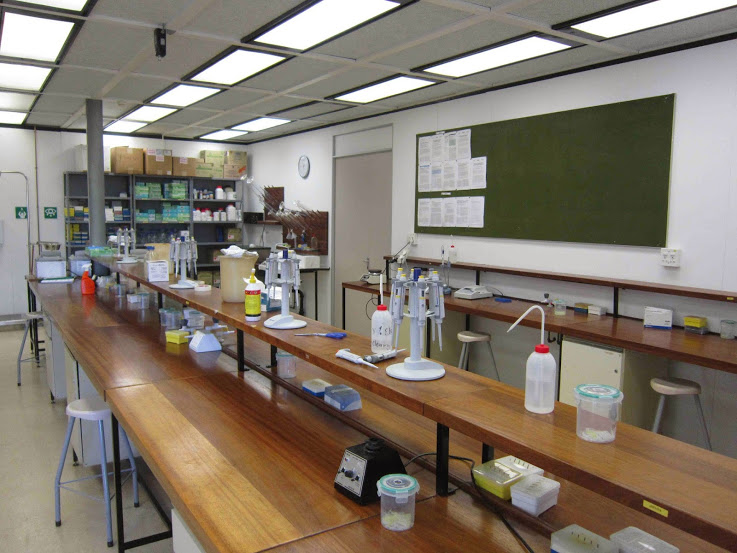
We cannot do this alone. We need help expanding the project to Asian countries, expanding our partners’ knowledge in DNA barcoding technology, and equipping laboratories around the world with the proper instruments scientists and researchers need. We welcome both monetary and in-kind donations.
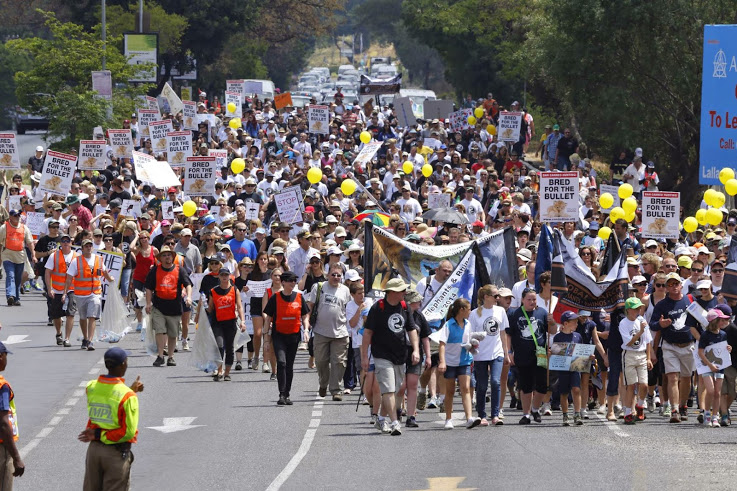
A large part of this project is boots-on-the-ground, grassroots efforts. Are you located in one of our partner countries and looking to spread the word to officials? Are you interested in volunteer efforts? Perhaps you want to get involved in online discussions about wildlife conservation through technological innovation? This is all possible. We need supporters like you.
“Since 2012, we’ve contributed nearly $9 million to develop new technologies that protect threatened wildlife. The Consortium for the Barcode of Life is creating a DNA barcoding test that identifies and intercepts wildlife protected by UN treaty regulations as it’s transferred across borders.”
--Google Global Impact Awards website
Through DNA barcoding, we bring together experts from different disciplines, and you can be among them. If you and your organization want to be part of the solution to wildlife crime, read on and get involved.
The public DNA Barcode reference library that we are constructing will enable crime investigators to identify the species from which crime scene evidence came. Having the right species name on the specimens represented in the library is critical and that’s why Taxonomic Specialists are critical to the project. If you’re a specialist on any of the taxonomic groups on the Priority Endangered Species List, we need your help in checking identifications, locating voucher specimens for the library, and even publishing short papers that clarify species boundaries using DNA barcode data provided by the project.
I'm interested!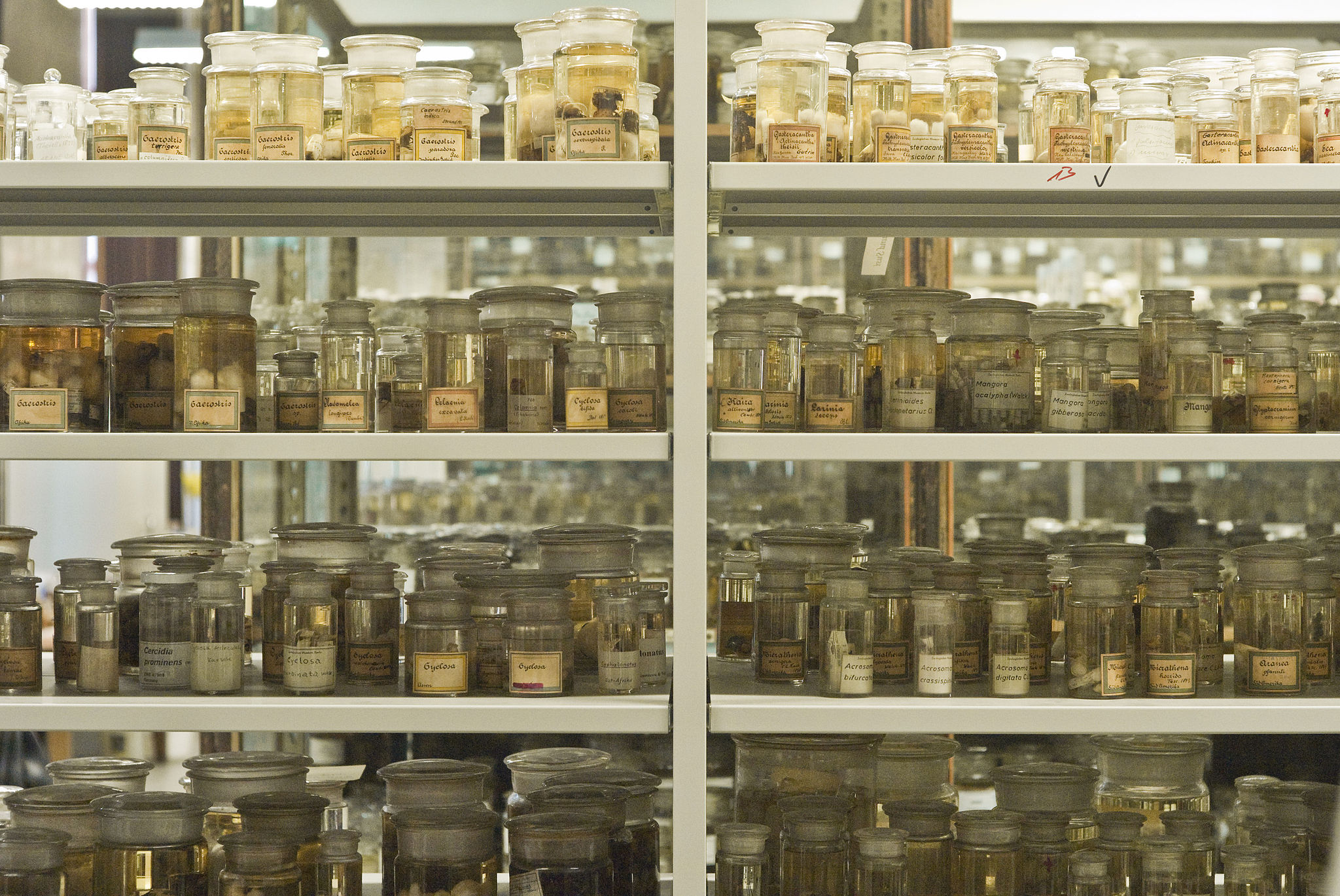
A large portion of the voucher specimens needed to construct the reference library will be collected by the partner countries, but we’re going to need help from other countries. Researchers, museums, herbaria, and research institutions anywhere can be important contributors if they can provide tissue samples with well-preserved DNA from the Priority Endangered Species List and their close relatives. If you can provide or point us to frozen tissue samples, alcohol-preserved vouchers, or plant tissue on silica gel, please get involved!
I'm interested!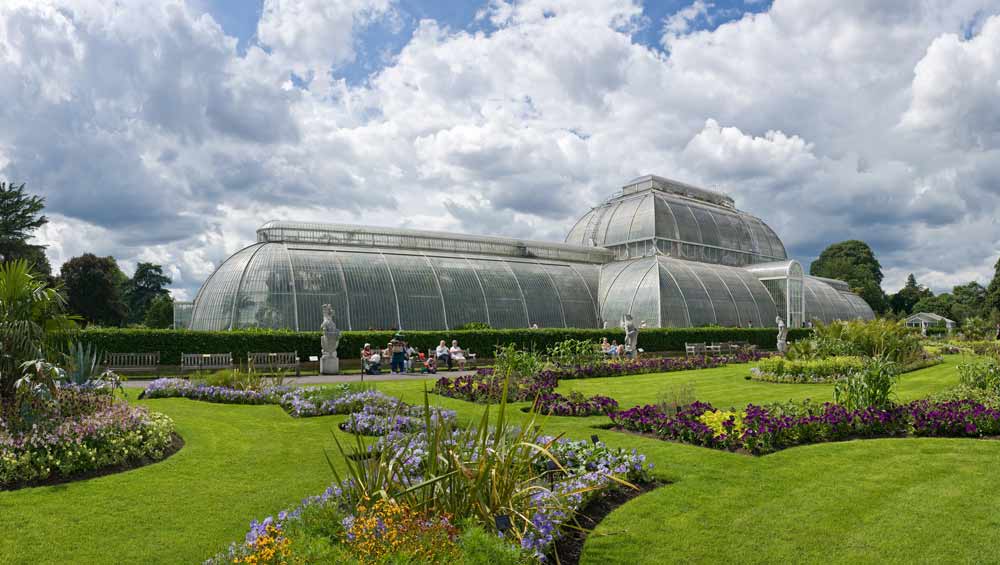
It will be a challenge finding samples from the Priority Endangered Species, and we’re certainly not going to sacrifice or harm any members of those species. That’s why zoos, botanical gardens, rescue centers, captive breeding programs, and related organizations are so important to the project. If your organization has living representatives of any of these species or their close relatives, we hope you’ll consider donating tissue or fluid samples collected during routine veterinary exams.
I'm interested!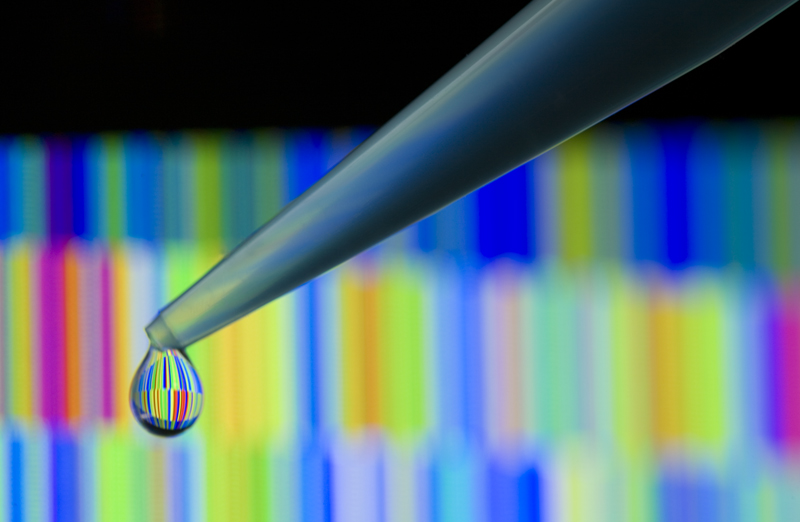
We are working to transfer technology and capabilities to our partner countries, and we don’t want to transfer samples out. So far, each partner country has been able to preserve and conduct laboratory analyses of their own so not a single bit of DNA has left these countries. We want to follow this same rule as we obtain voucher samples from other countries. If your organization has lab capabilities to extract DNA, perform PCR, and do Sanger sequencing, we hope you’ll want to get involved.
I'm interested!
Enforcing laws against wildlife crime is changing rapidly in our partner countries, and the introduction of DNA evidence is totally new. We are looking for experienced crime investigators, prosecutors, and magistrates with experience in these topics to serve as advisors and mentors to the partner countries.
I'm interested!“Our experience with the Barcode of Wildlife Project has encouraged us to be more actively involved with the enforcement of laws that protect our endangered species. We’re now working with the South African Police Service and DNA barcoding is one of our most powerful tools.”
--Clifford Nxomani, President, National Zoological Gardens of South Africa
Our partner countries have strong commitments to catching and prosecuting traffickers. In order to use DNA barcoding to investigate and prosecute wildlife criminals, they need lab equipment for the DNA analysis. A generous Global Impact Award from Google Giving will support the training of laboratory technicians and provide all the consumable supplies they'll need through Spring 2016, but we could also use your help.
No amount is too small. When you donate, 100% of your contribution will be used to purchase and install the needed equipment in the laboratories in our partner countries.
Are you interested in donating to the Barcode of Wildlife Project? Simply contact us to give to our featured project or give to the country of your choice. We thank you for supporting the project by purchasing lab equipment that will be used to investigate wildlife crimes and to prosecute wildlife criminals.
Stop Wildlife Crime
Laboratory analysis alone can cost $50 per sample. Every contribution helps.
Do you have lab equipment with which to supply our teams? Biotech companies, museums and labs are in a unique position to make a big difference by offering in-kind equipment donations.

Freezers, plant tissue grinder, DNA extraction instruments for Nepal.
Wishlist is being compiled
Wishlist is being compiled
“This very innovative project will assist countries in tracking and identifying endangered species in trade and is welcomed by the Secretariat of the Convention on International Trade in Endangered Species of Wild Fauna and Flora (CITES).”
--John E. Scanlon, CITES Secretary-General (February 2012)
We need individuals across the globe supporting us in our effort to use DNA barcoding to investigate and prosecute wildlife criminals. We have compiled a wishlist of items that we want to see from you:
We have multiple platforms online for you to spread the word and join the discussion. Our partner countries have built online Google+ communities, curating the content specific to their challenges and sharing information pertinent to their issues and biodiversity. We also have a robust following on our G+ page, and often share content on Twitter and Facebook, as well. Follow us, and join us on this journey.
Contact us to discuss how you can get involved.
